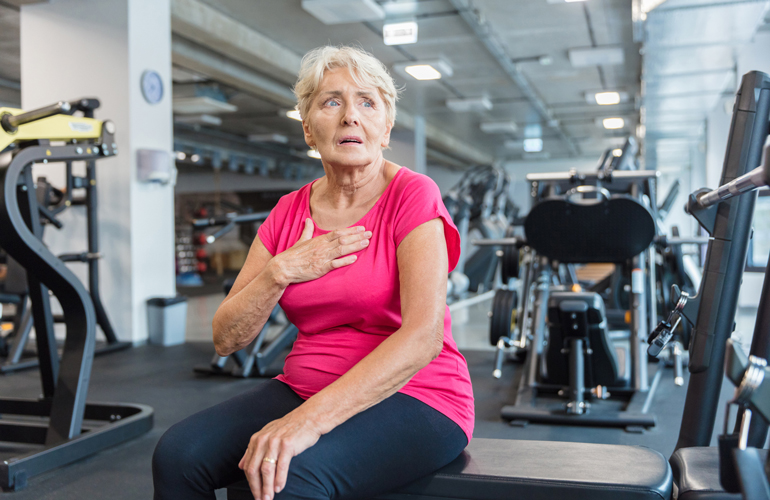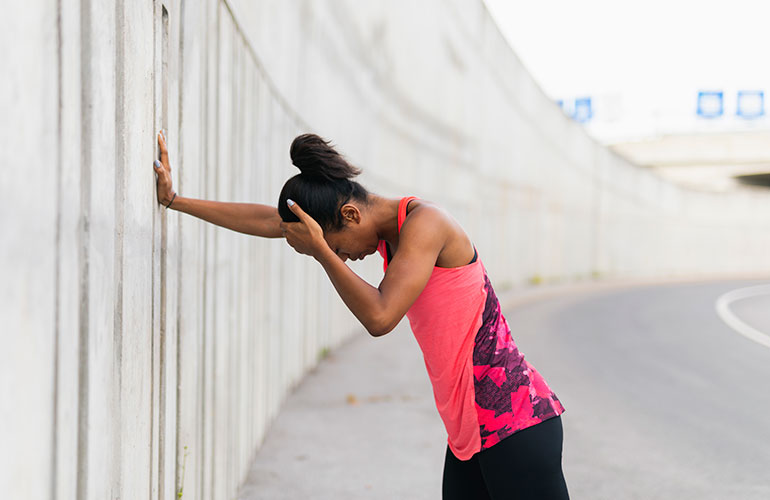Exercise and Covid

Even the common cold can make a mild run feel like you’re summiting Everest. But if you’ve had Covid-19, you’re probably not shocked to hear that many researchers are spotting differences in how Covid works in the body compared to other respiratory viruses, like a cold or the flu…including when it comes to exercise after illness recovery.
Dr Tod Olin, a pulmonologist specialising in exercise medicine (who authored a 2022 paper on the effects of long Covid on exercise), says those differences mean individuals who have had Covid-19 are more likely to suffer certain complications that can impact their exercise abilities and capacity. “We have people coming into the clinic who were competitive athletes before they got sick and just want to get back to their sport,” Dr Olin says – confirming that “getting back” is often not that easy. “Recovery [from Covid] can be a lot longer,” which, he says, “can be very frustrating.”
Why does recovering from Covid-19 feel tougher than from other viruses?

While a lot remains unknown about this relatively new virus, researchers now think that Covid-19 is mainly an “endothelial disease,” which means that it affects the lining of your heart and blood vessels. This gives the virus the ability to cause damage anywhere there are blood vessels – putting every system in your body at risk. This “multisystemic” attack may be one reason for the unpredictable course the virus sometimes takes, even after someone has more or less “recovered.”
“Traditionally, with other viruses, we would only expect to see people with severe cases being at a higher risk for severe effects,” Dr Olin says. “One of the unique things we’re seeing with Covid is that even people who have had mild infections can go on to have severe and/or chronic complications for weeks and months afterwards.” This is all part of what experts think of as long Covid.
Covid-19 targets your heart and lungs

Another unique aspect is how Covid affects the heart, says Dr Saurabh Rajpal, MD, a cardiologist who authored a 2021 study in the Journal of the American Medical Association (JAMA) that examined the effects of Covid-19 infection on the heart in athletes. “Covid attacks the heart more, and is more likely to cause inflammation in the heart,” Dr Rajpal says. “It is also likely an independent risk factor for a heart attack, although research is still ongoing into that question.”
The virus has a similar effect on the lungs, increasing inflammation and reducing function, Dr Olin says. This makes people who’ve had Covid more likely to experience asthma and other types of dysfunctional breathing.











